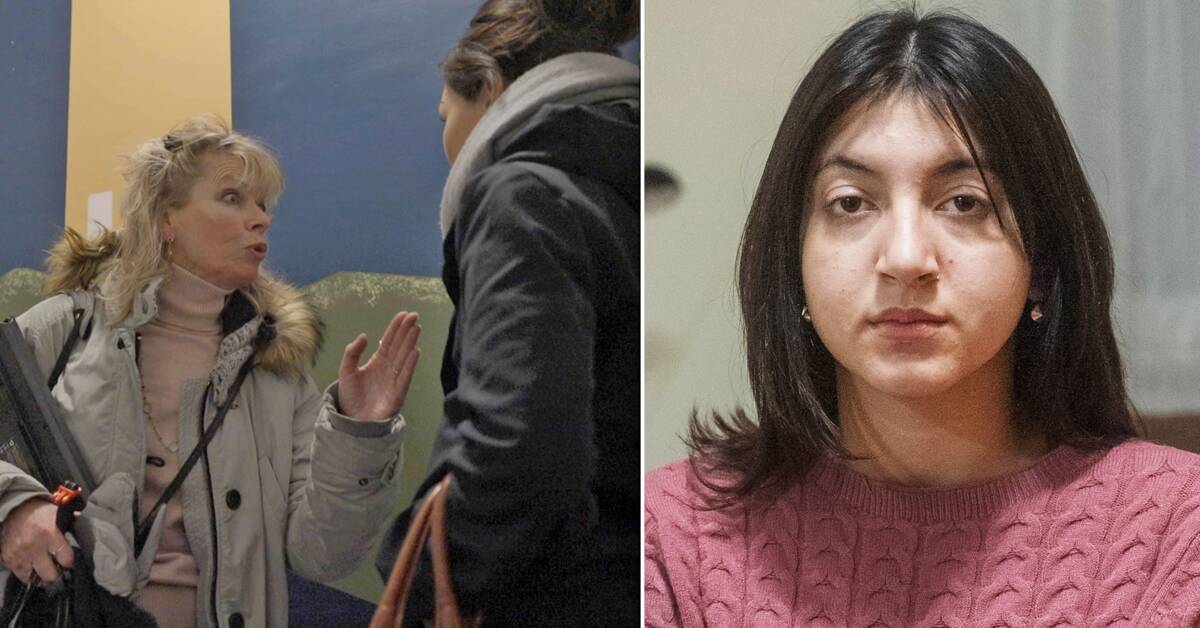Since 2018, several media outlets have examined international adoptions and revealed how children were stolen from their mothers.
It has then involved abuses that go back a long way, adoptions that were carried out in the 1970s and 80s.
In Serbia, it is about adoptions in the present.
Foster mother Miroslava Lazić has taken care of two biological siblings since they were small.
When the social authorities announced that the boy, who would then be four years old, would be separated from his older sister to be adopted to Sweden, Miroslava Lazić protested.
The foster mother wanted to adopt
She says she pleaded to adopt the boy herself but was told it was not possible.
Instead, she lost custody.
- I think he thinks I abandoned him.
I just want to tell him that we all love him, that we are waiting for contact with him.
We miss him incredibly much, says the foster mother in Uppdrag gränskning.
In the decision, the social authorities write that Miroslava Lazić did not look out for the boy's best interest when she opposed an adoption.
The custody was transferred to a social secretary who approved the adoption to Sweden.
Miroslava Lazić believes that the adoption violates international conventions.
According to the Hague Convention, which is ratified by both Serbia and Sweden, the main goal is that a child should be able to stay in the care of his family of origin, if this is not possible in a suitable family in the country of origin.
Only then can there be a question of international adoption
Adoption was stopped after protest
Miroslava Lazić has tried to sound the alarm to the Swedish authorities without being heard.
Now she is pursuing the case legally in Serbia with the hope that the siblings will regain contact.
Mission review has reviewed two more cases where there are alarms about irregularities.
It is about two adoptions from Serbia that have been canceled - in one case, the Swedish adoptive parents say that it felt like a kidnapping when they realized that the nine-year-old girl they were going to pick up had not been informed that she would be adopted to Sweden.
The second case concerns an adoption of a girl placed in foster care where the adoption was stopped after the biological mother protested and the case received media attention.
Javascript is disabled
Javascript must be enabled to play video
Read more about browser support
Marija Mihajlovic was not told that her daughter, who lives in a foster family, would be adopted abroad - to Sweden.
Photo: SVT
According to the Convention on the Rights of the Child, which has been law in Sweden since 2020, the child's right to retain his identity, including citizenship and family relationships, must be respected.
"Better to be adopted abroad"
The adoption center, which mediates the adoptions from Serbia, does not want to be interviewed.
Operations manager Kerstin Gedund replies in writing that they have full confidence in the Serbian authorities.
About Miroslava Lazić's case and the siblings who were separated, she writes that a foster placement in Serbia is a temporary solution and that while the child is placed in a family home, it is the responsibility of social services to ensure that the child gets a permanent family.
She also writes:
"Separating siblings in an international adoption is only done in exceptional cases if no other solution is possible."
Stevan Popović is responsible for international adoptions at the Ministry of Family Welfare and Demography in Serbia.
He states that they follow the Hague Convention, but that there are limited opportunities for domestic adoptions.
- Considering the limitations in our systems for school and care and the possibilities of having the children adopted away within our system, it is clear that it is better for the children to be adopted abroad than to remain in social care, he says.

